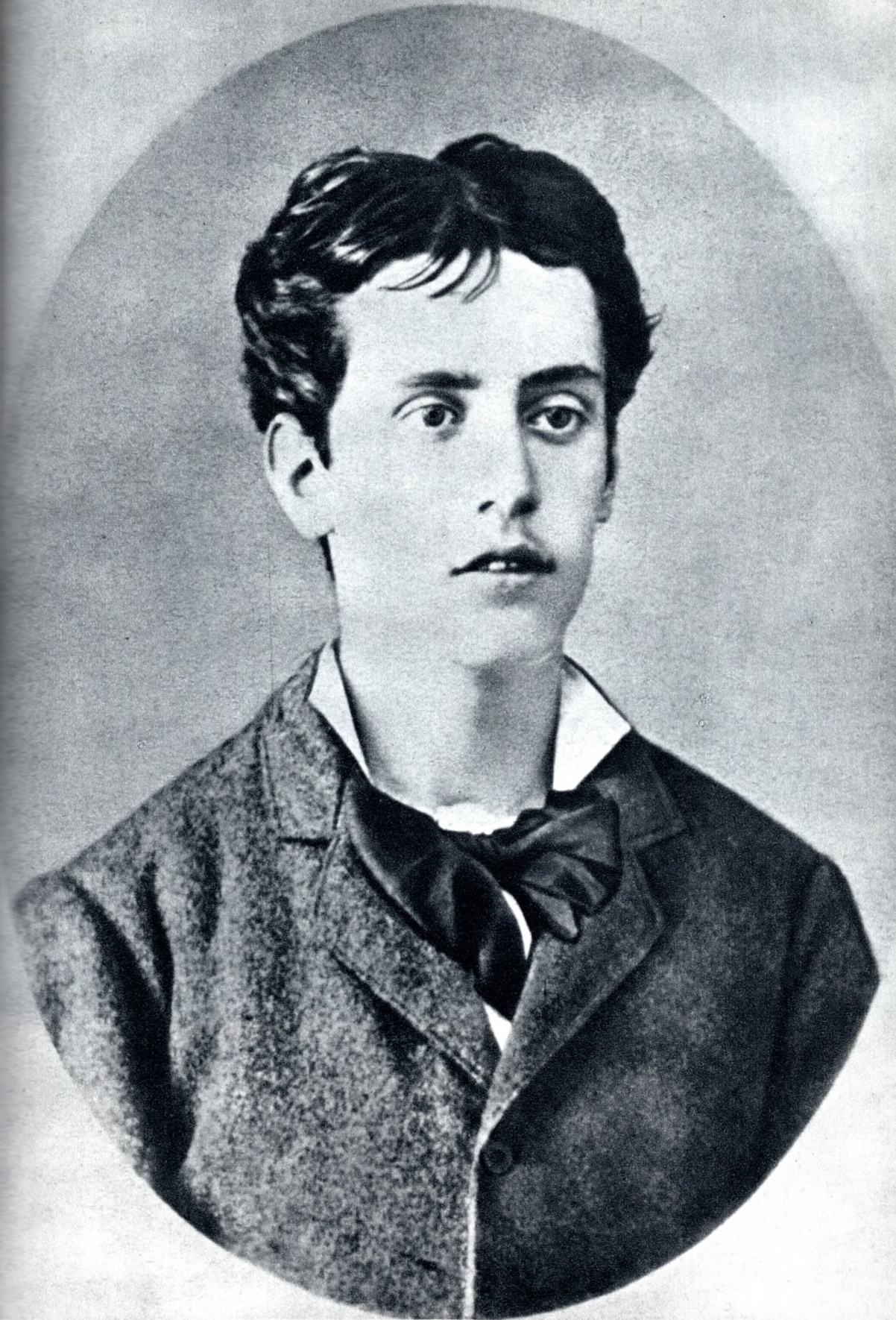Messa di Gloria di G. Puccini
Sunday 14 July 2024 ⤳ 9.00 pm
Basilica di San Francesco, Ravenna
Free entry
 Giacomo Puccini's Mass or Mass for four voices (currently also known by the apocryphal name of Messa di Gloria) is a mass for four-voices, orchestra and choir, with tenor, baritone and bass soloists, written between 1878 and 1880.
Giacomo Puccini's Mass or Mass for four voices (currently also known by the apocryphal name of Messa di Gloria) is a mass for four-voices, orchestra and choir, with tenor, baritone and bass soloists, written between 1878 and 1880.Puccini composed the Mass as an exercise for his diploma at the Istituto Musicale Luigi Boccherini in Lucca, where he performed it for the first time on 12 July 1880. However, the Creed had already been written and performed in 1878 and was initially conceived by Puccini as a work autonomous. The composition was much appreciated for the beauty of the melody, the remarkable structure, and the originality.
Puccini never published the complete manuscript of the Mass, and although it was well received at the time, it was not performed again until 1952 (first in Chicago and then in Naples). However, he reused some of the musical themes of the Mass in other works, such as the Kyrie in Edgar and the Agnus Dei in the opera Manon Lescaut, used in the second act with the madrigal Sulla vetta tu del monte.
At the end of the Second World War, the priest Dante Del Fiorentino purchased an old copy of the manuscript of the Mass from the Vandini family of Lucca, thinking it was the original score. The latter was actually in the possession of Puccini's family and was given by his daughter-in-law to Casa Ricordi, the musician's publishing house. A legal dispute arose which was resolved with the division of the copyright between Ricordi and Mills Music, the publishing house of Del Fiorentino's manuscript.
In the photo we see Giacomo Puccini at the beginning of his musical studies in Lucca, where he composed La Messa di Gloria as his 'Graduation Thesis'.